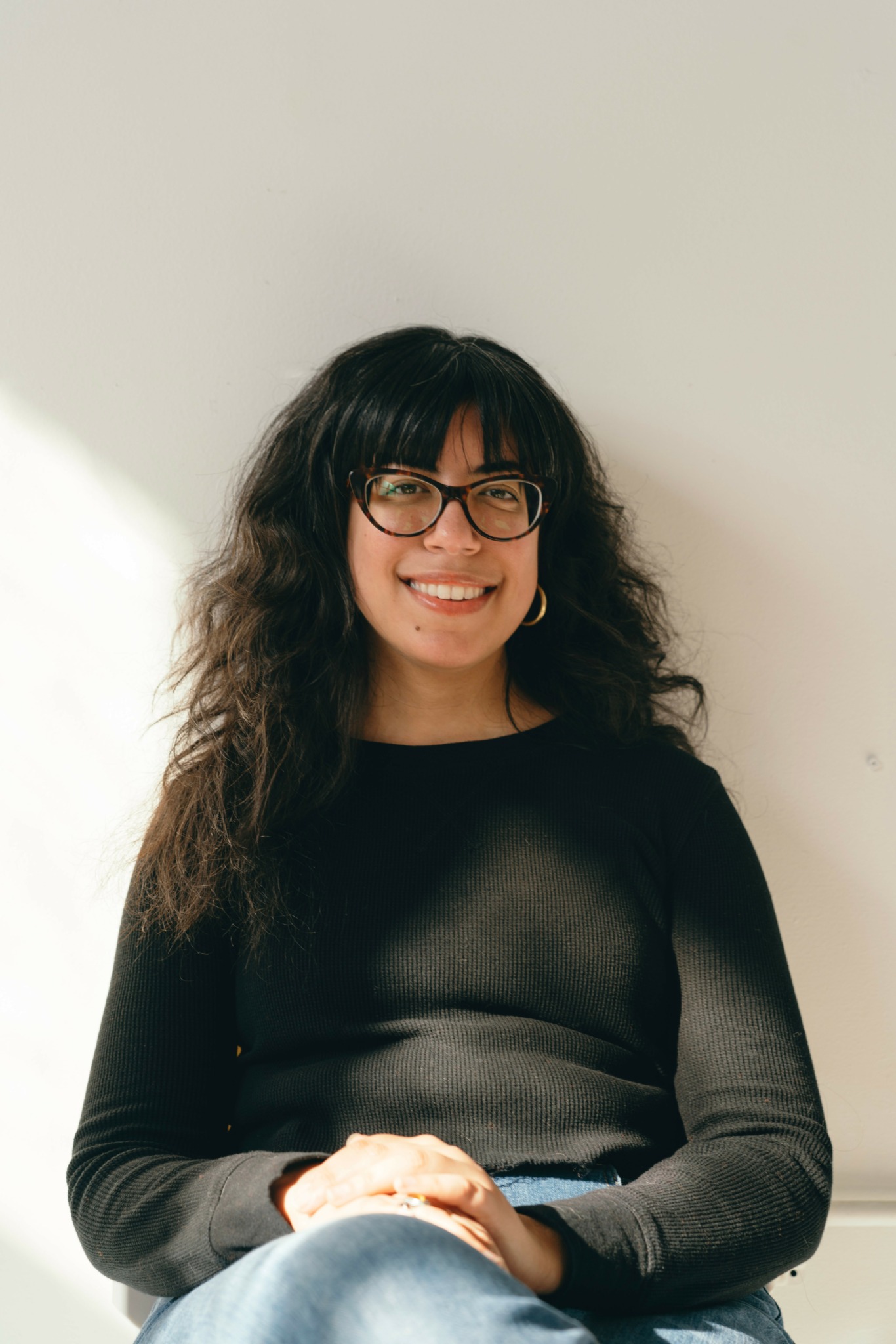Today we’d like to introduce you to Rani Gupta.
Hi Rani, please kick things off for us with an introduction to yourself and your story.
I fell into my career in an unexpected way. I was living in Boston and had graduated from my undergraduate journalism program with every intention of pursuing journalism as a career. As I worked on stories, though, I felt like something was missing. I felt constricted by my role and wanted to find a path where I could actually offer more tangible support to people after they had experienced something difficult or something joyful. This also coincided with hearing about my friends’ struggles to find therapists who either came from the same communities as them, or at least had a nuanced, empathetic understanding of what they were bringing into the therapy room. Back then it seemed that it was nearly impossible to find therapists who were folks of color and fellow millennials who could skillfully hold conversations about navigating work life, familial expectations, changing friendships, and dating. It was rough out there trying to find a therapist who actually “got it”!
The spark that led me to seriously pursue social work as a career same after a conversation with a therapist, who kindly told me 1) that she thought I would make a great therapist, which was a huge compliment coming from her! and 2) the precise steps I would need to take if I wanted to become a licensed therapist one day. Soon after that conversation, I moved to Portland, Oregon, sight unseen, as someone who had only ever lived on the East Coast. It was big risk to take, but it paid off! Over the next few years, I went to grad school for my social work degree, worked in community mental health as I accrued my hours for licensure, got my licensure, worked in a group practice, and then went out on my own in private practice.
Now, I focus my work on helping sensitive millennial professionals who are feeling lonely or misunderstood – at work, with family, with friends – feel more steadfast and confident about being their true selves. I love working with each and every one of my clients, past and present, in my practice, because they’re committed to their growth and transformation.
Can you talk to us a bit about the challenges and lessons you’ve learned along the way. Looking back would you say it’s been easy or smooth in retrospect?
There have absolutely been struggles! My first few years in Portland were not easy. I was trying to make new friends, working in a job where I was underpaid, and then navigating my first year of grad school. Then after grad school, I was working in a job that I loved, but it slowly took over my life. Despite my best efforts to maintain a work-life balance, I found that I basically went home to eat and sleep. I barely hung out with my friends and boyfriend, and I wasn’t able to travel to visit family.
Eventually, my body revolted, as our bodies tend to do when under such stress. I developed a chronic illness, and suddenly I was forced to reevaluate my relationship with work. I simply couldn’t continue working at the pace I had been. I had to slow down, advocate for what I needed, and truly listen to what my body was telling me she needed.
We’ve been impressed with Therapy with Rani , but for folks who might not be as familiar, what can you share with them about what you do and what sets you apart from others?
Therapy with Rani is my private practice, and I specialize in working with sensitive millennial professionals to feel respected, take control, and find relief by being their true selves. The folks I work with typically come to me because they feel unheard, misunderstood, or lonely in their workplaces, in their families, or in their friend groups. Unlike standard therapies that rely on surface-level work, I use a combination of somatic parts work, EMDR, Flash Technique, and talk therapy to help clients unearth their authentic selves so they can confidently connect with loved ones.
I’m most proud of the accelerated therapy experience I developed and launched. It’s a ten-week-long personalized therapy experience for those sensitive millennial professionals who are ready to take decisive, powerful action to connect with their true selves so they can move from a more embodied, audacious way. If readers are interested in learning more, they’re welcome to check out my website, and if they’re currently residing in Oregon, they’re welcome to schedule a meet-and-greet video call with me.
What do you like best about our city? What do you like least?
Portland is full of gorgeous public parks that are scattered all around the city. There is no shortage of places to be surrounded by trees, plants, and flowers. Springtime and summertime here are beautiful; you can walk around certain neighborhoods and pick fruit off trees. Last summer, a friend and I walked around her neighborhood and came back with bags of figs and persimmons!
At the risk of sounding like another East Coast transplant…the thing I like least about Portland is the passive aggressiveness! This is something I help clients process as well because many of the folks I work with happen to be transplants to the city. The passive-aggressive communication style here is its own culture shock! It can certainly take some time to adjust to, but there are ways to navigate it skillfully.
Contact Info:
- Website: https://www.therapywithrani.com
- Instagram: https://www.instagram.com/therapywithrani/
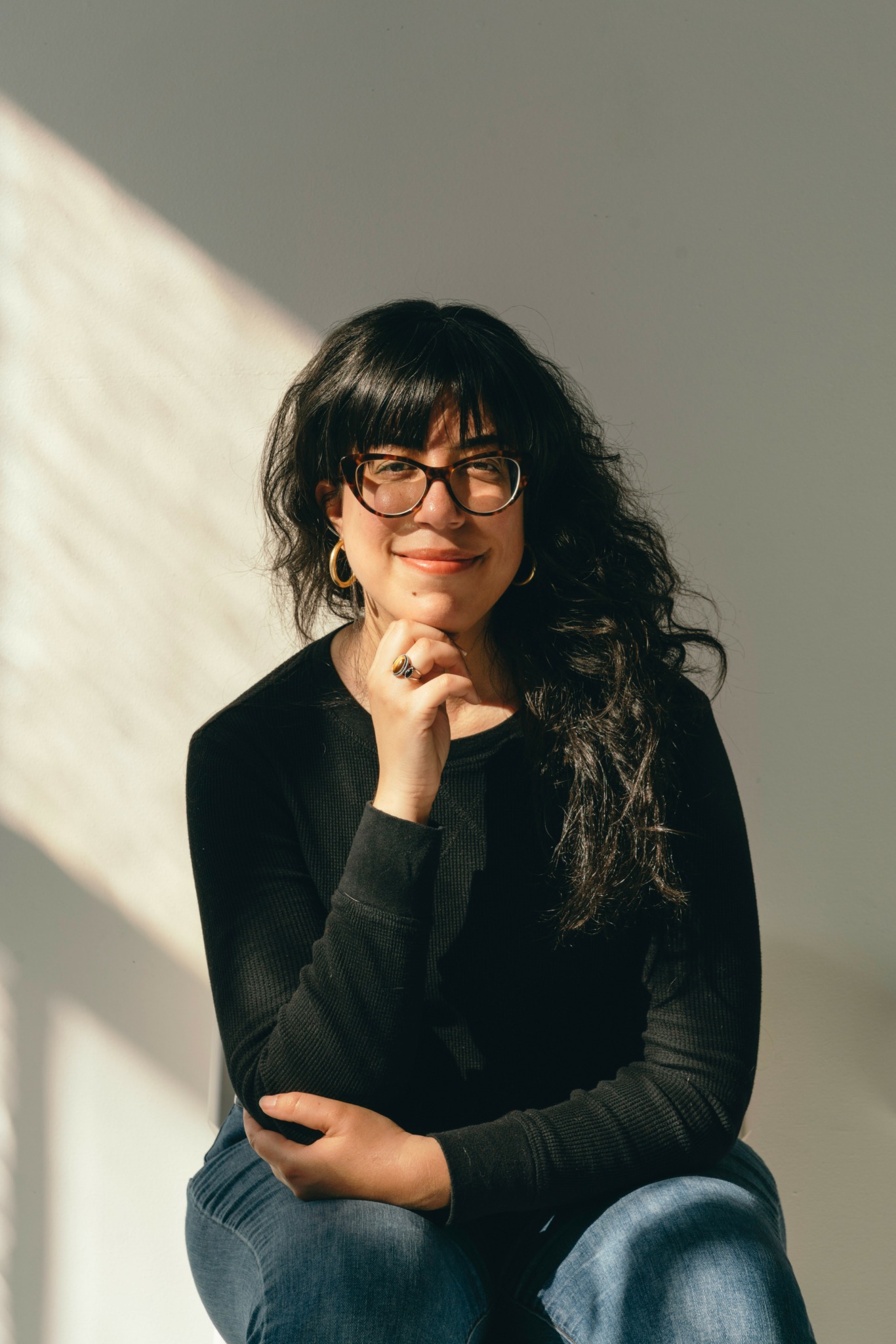
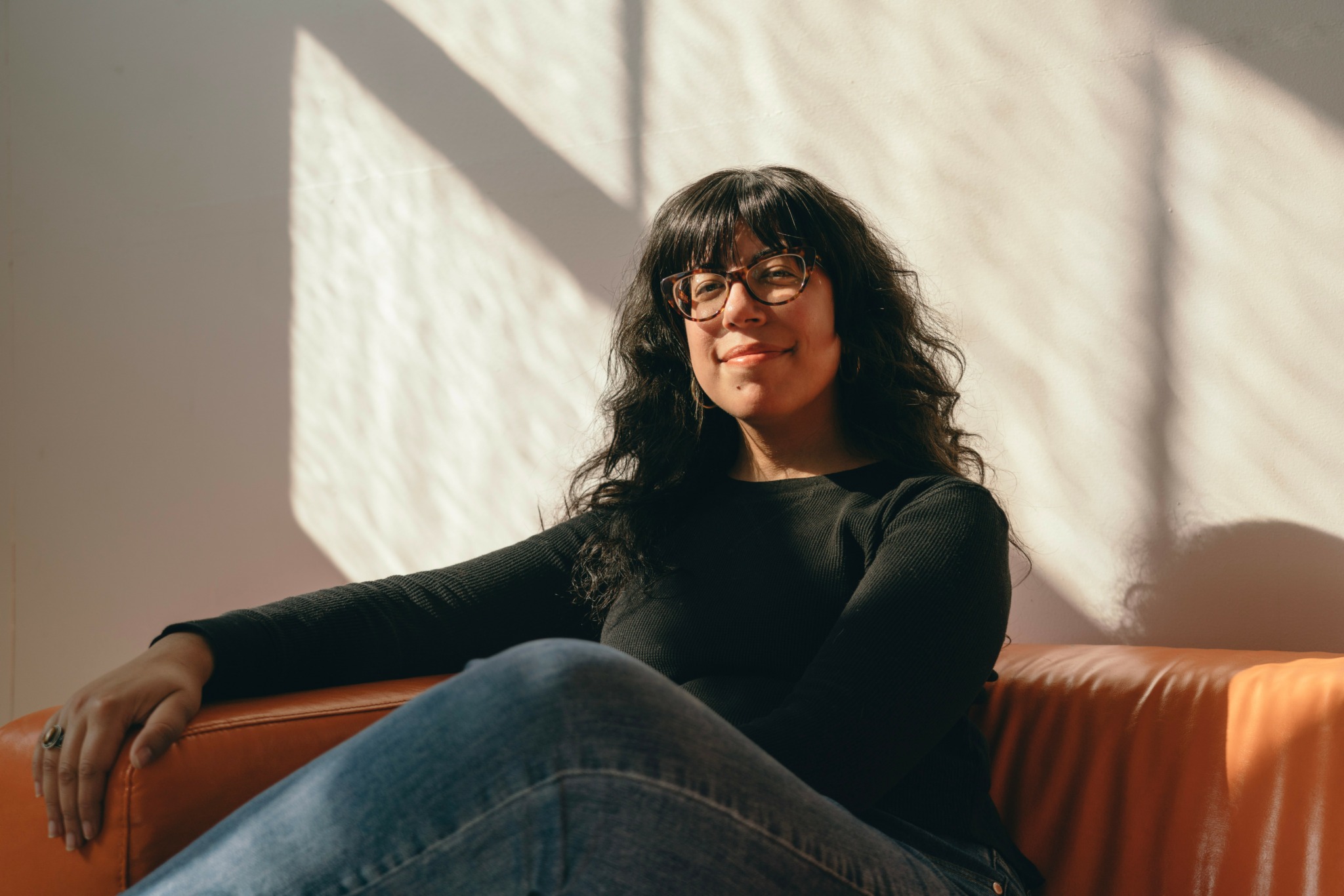
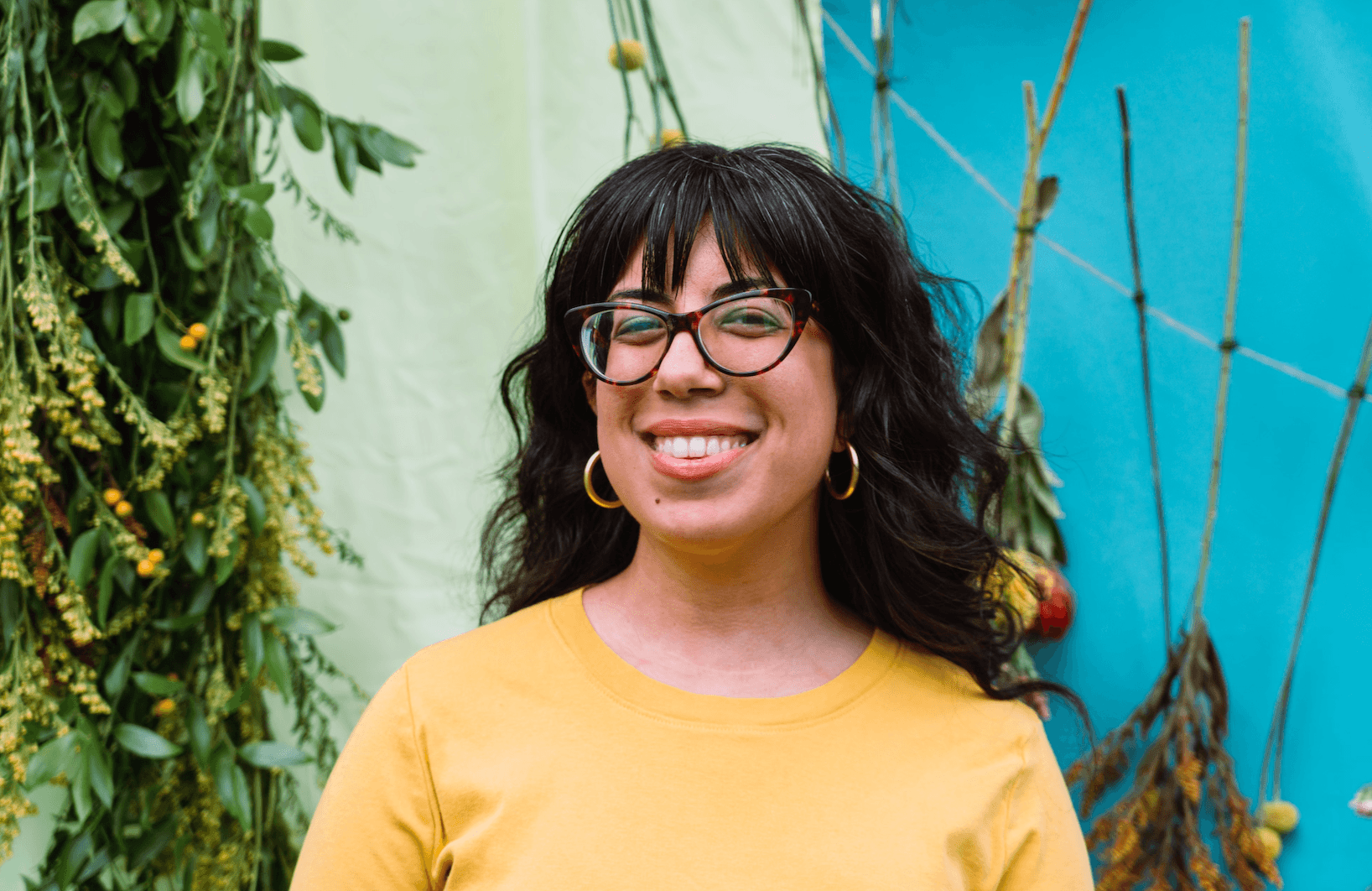
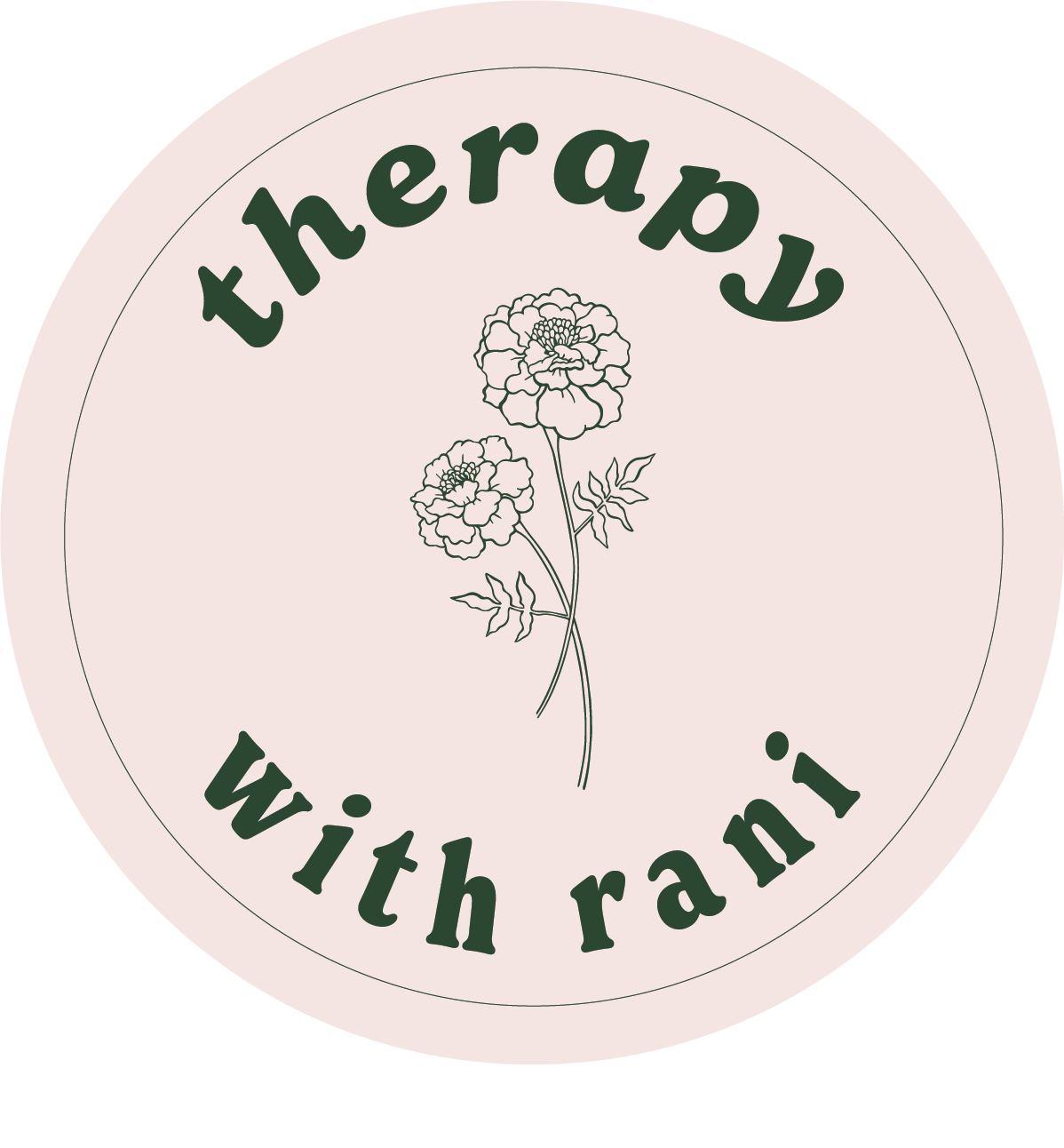
Image Credits
Photos by B Okabe. Logo by Livia B.


